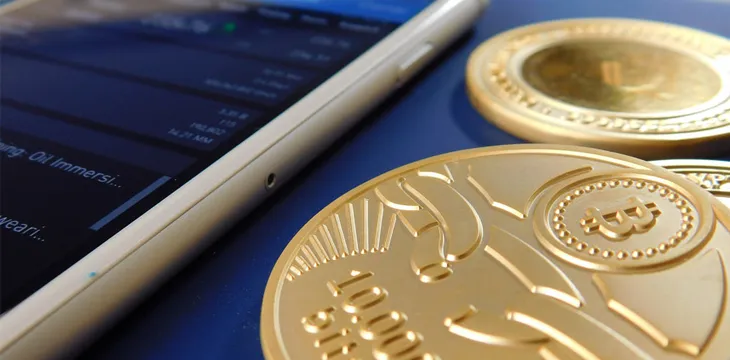|
Getting your Trinity Audio player ready...
|
A group of Japanese banks that had been working on a mobile peer-to-peer (P2P) remittance service have announced they have scrapped their efforts and are working on developing their own cryptocurrencies instead, Nikkei Asian Review reported.
The three banks, Mitsubishi UFJ Financial Group, Mizuho Financial Group and Sumitomo Mitsui Financial Group, had been working in partnership to develop a blockchain-powered system that would facilitate money transfers between users based on their mobile phone numbers.
The cancelled payments system would have allowed users to access payments through virtual currency accounts tied to their deposit accounts, lined to their mobile phone number or email address. The platform was built and trialed in 2017, with further test running on an ongoing basis through 2018.
However, with each of the banks working on their own cryptocurrencies, doubts had been circling about the project’s future, and whether there was any need for the platform they were developing.
Each bank is separately working on their own cryptocurrency projects, such as the Mizuho J-Coin and the MUFG Coin, which ultimately aim to offer their customers the ability to transact in cryptocurrency tied to their bank accounts.
According to a MUFG spokesperson, the MUFG Coin will improve on existing cryptocurrencies to offer a “highly useful” alternative, noting that the “[Mitsubishi UFJ Financial Group will] overcome issues of [existing] virtual currencies and create a highly useful currency.”
The cancellation was revealed at the Financial Services Agency public-private council, a meeting chaired by the Mizuho Bank CEO Koji Fujiwara. With the announcement, the banks pledged to redouble efforts on their own developments.
The decision represents a significant u-turn from the banks, which had been expected to push forward with plan to roll out the technology.
However, the Japanese payments landscape is already populated with a number of competitors, including apps allowing peer to peer payments by QR code and phone number, as well as popular phone-linked payment services from companies such as PayPal and Line.
With competition intense and the practical use case questionable, the bank’s decision to change course represents a shift towards taking cryptocurrencies more directly to a mainstream audience.

 06-30-2025
06-30-2025 





